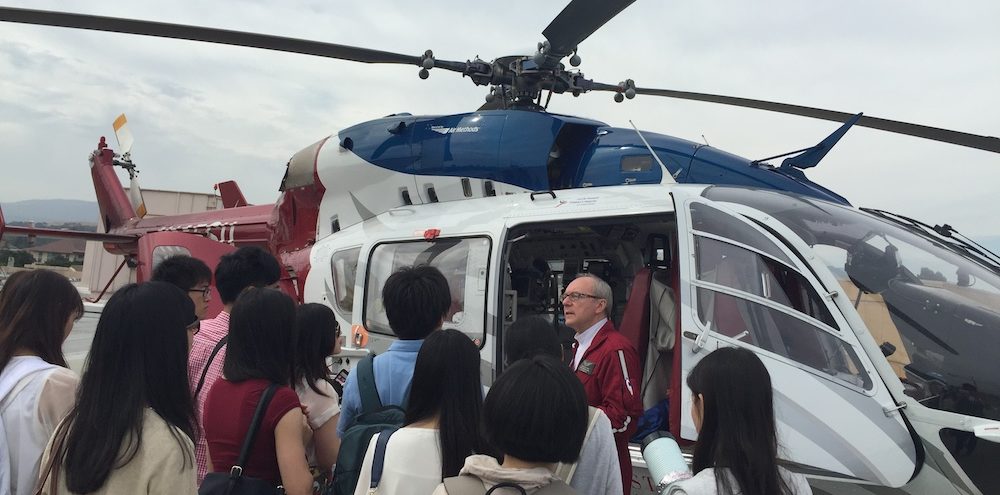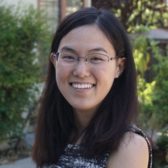The hurricanes that struck Houston, Texas in late August and the Florida Keys and Puerto Rico in September. The fires that have ravaged Northern California (Napa, Santa Rosa) in October, and now Southern California (Santa Ana, Los Angeles). Lives have been lost and homes destroyed through these disastrous events over the past few months as rebuilding and recovery continue in earnest. While hurricanes and wild fires are nothing new in the U.S., particularly in the areas that were most affected, the magnitude of these very-recent disasters merits attention and reflection:
- Why are the consequences so devastating?
- To what extent are these natural disasters “natural” vs. man-made?
- What should be done to mitigate the impacts when these natural disasters strike?
- What steps should be taken when these natural disasters strike?
- What kinds of ethical tensions or dilemmas arise when resources are limited? (For example, when a hospital loses power, which patients can or should be treated first?)
- What are the short- and long-term impacts of these natural disasters on people’s physical and mental health?
- What systems and networks are needed to help and support survivors?
These questions are ones that I’d like to have participants of VIA’s Exploring Health Care (EHC) program next spring begin to explore. While the participants, all of whom are Japanese medical students, are no strangers to natural disasters—after all, Japan is the land of earthquakes and typhoons, not to mention the 3.11 Tohoku Earthquake—I would like to invite them to draw on their own prior knowledge and/or experiences as they consider the intersections of natural disasters and health care.
Given that the participants come from different parts of Japan, I believe that they can all make unique and valuable contributions to what I hope will be lively discussions. The point of these discussions will be less about arriving at concrete solutions and more about understanding the multitude of direct and indirect consequences as well as exchanging ideas and diverse perspectives about the causes of these natural disasters and potential solutions. My hope is that the discussions and reflections that begin during this program among the participants will continue far beyond the program and will help them consider the ultimate question: What kind of doctors do they want to become?


